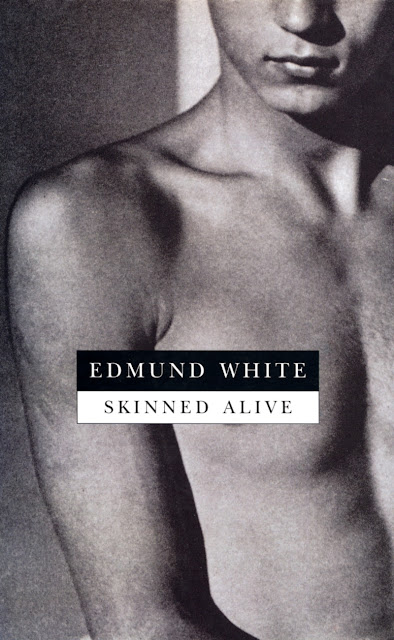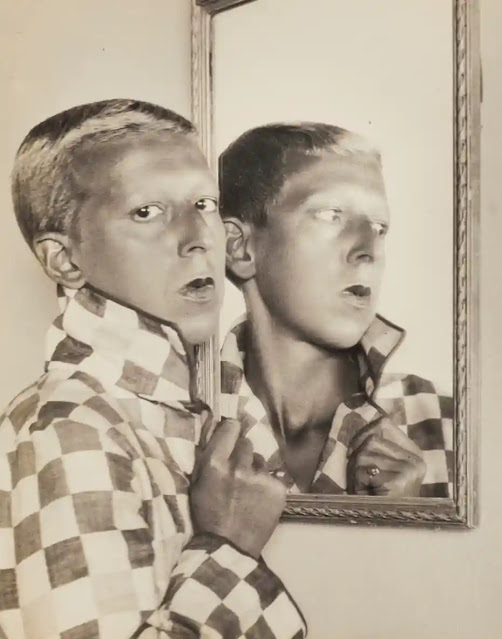What's Queer About Autofiction? (Part 3)

October 1990, New York City, photo by Tracey Litt This is the concluding installment of my conversation with Richard Scott Larson about fiction, nonfiction, autofiction, queerness, memory, community... Part 1 is available here , Part 2 here . Though this is the last installment, we deliberately kept away from any sort of concluding summary or anything like that — indeed, I'm not sure Richard meant his PS to be the final words here, it might have just been meant for me, but I thought it was absolutely the perfect spot to bring all this to a close. David Wojnarowicz 15 Dec Dear R— Reading through your most recent letter helped me identify what’s been lurking in my subconscious without my awareness, a question I hadn’t thought to ask — why do I (and you?) hunger for explicitly, determinedly queer writing now ? I thought about this while reading a short piece by Sam Moore at Frieze about Daniel Levy’s Met Gala appropriation of David Wojnarowicz. I like Levy’s public persona, ...


